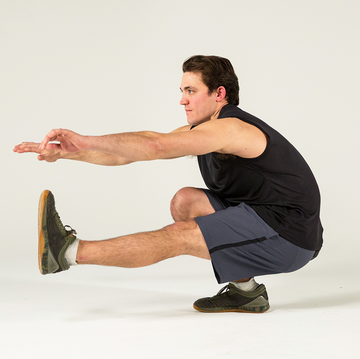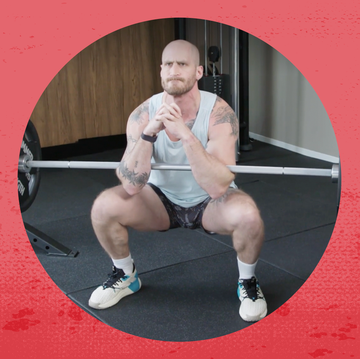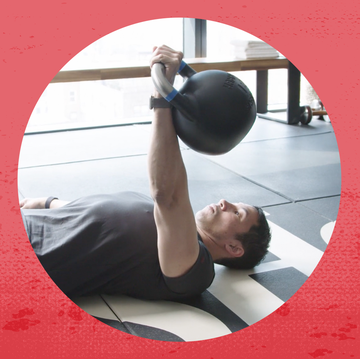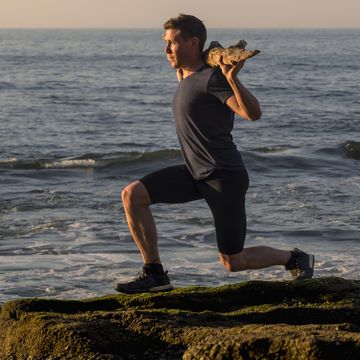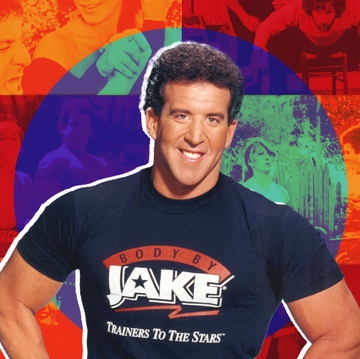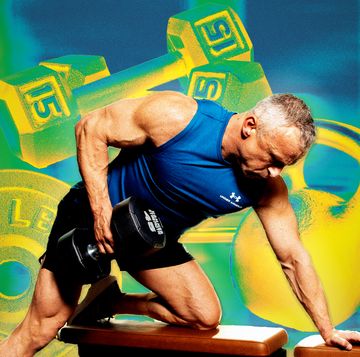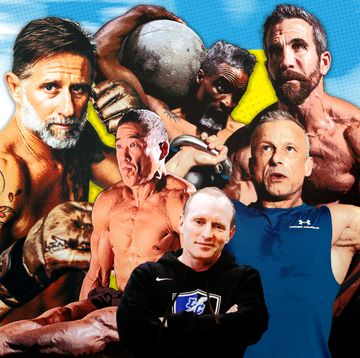Ryan Hall might be better known for performing feats of strength these days, but his status as one of the best American runners of all time remains untouched. Hall regularly offers advice on training for big races on his Instagram, and in a recent conversation on Dr. Peter Attia's podcast, he shared what an average day of training looked like back in 2010 when he was a pro marathoner.
"Every Tuesday I'm doing interval sessions where I'm working on that 5K specific speed, things like 6 by mile, 10 by K, 800 meter repeats, 400 meter repeats," he says. "I've since gravitated more towards shorter distance repeats, 400s, 200s, things like that, I think that's way more important for marathoners because you kind of want a lot of differential between how fast those Tuesday intervals are compared to your Thursday or Friday threshold."
Each day he would precede his training with a warmup consisting of a 20-minute jog and some dynamic flexibility and mobility work to ensure full range of motion. "Stretching has not been a huge part of my running at all," he says. "You actually want some tension in your legs. Think of your muscles being springs; if there's some tension, a tightly wound spring is going to respond to the ground quicker, compared to a slinky that's super slow."
Those training sessions would then be followed by an equally important 20-minute cool-down. "Then the whole day we're resting, doing some mobility work, eating, ice bathing," he says. "The science on the ice bath has changed quite a bit; we would go from these workouts and long runs straight to a creek, straight into cold water, whereas the science is saying now you want your body to respond to the inflammation first."
Hall would do a second workout later on that same day, comprising a 30-minute easy run and a leg session in the weight room. "You want all your leg stressors on the same day," he says, adding that doing weights after the easier of the two runs is the most effective way to get the most out of the workout as the fatigue won't be too great.
"I always describe my life as more of a professional sleeper than professional running," he continues, saying he would take two-hour naps each afternoon to aid in his muscle recovery. "Pro runners are very lazy people from day to day, we don't go for walks or take hikes or do anything. It's just training, eat, sleep, stay off your feet. You're always aware of that energy expenditure, you're trying to save as much as you can for your training."

